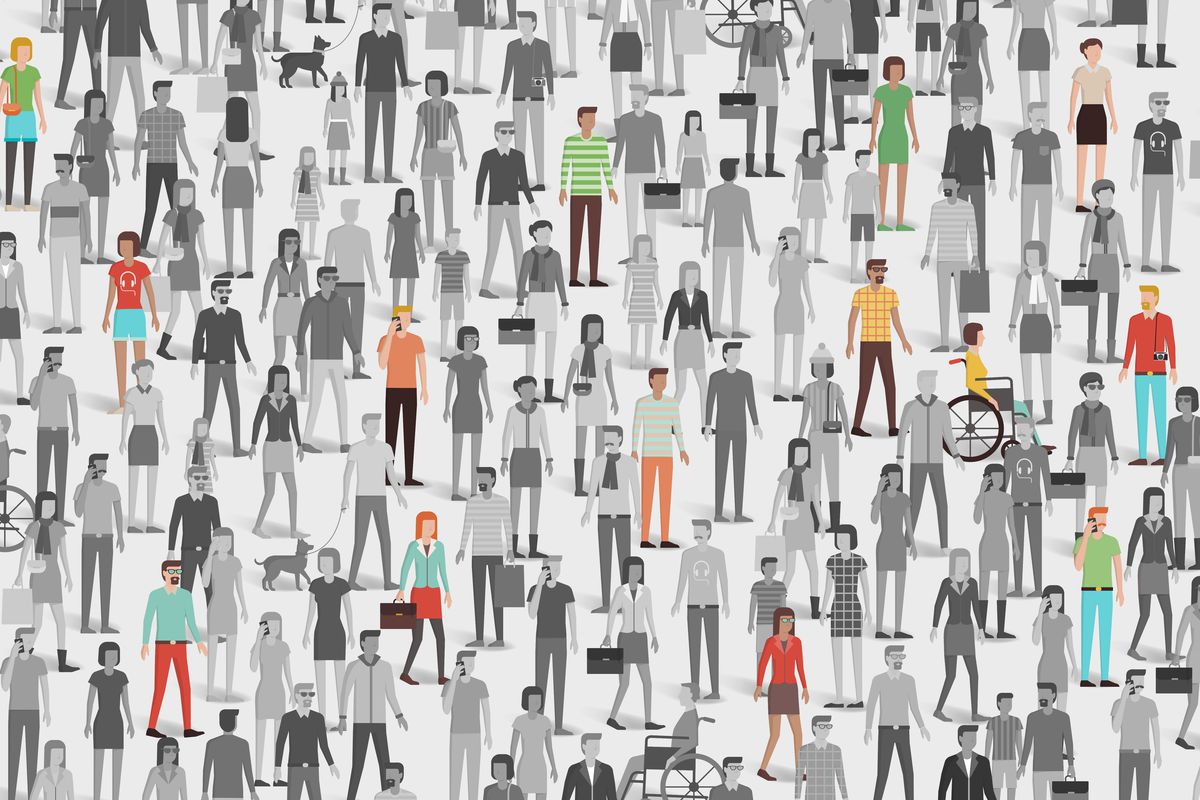Sports in Spanish: Complete Guide to Athletic Terminology and Vocabulary
Understand sports terminology in Spanish
Learn sports vocabulary in Spanish open doors to understand one of the about passionate aspects of Hispanic culture. Whether your travel to a Spanish speak country, watch international competitions, or expand your language skills, master athletic terminology prove invaluable for meaningful conversations and cultural connections.
The Spanish language offer rich vocabulary for describe sports, athletic activities, and competitive events. Each sport carry its own specialized terms, while general athletic concepts provide the foundation for broader discussions about physical activities and competition.
Essential sports translations
The word” sports ” ranslate to “” pdeported” spanSpanishrve as the umbrella term for all athletic activities. This fundamental word appear in countless contexts, from casual conversations about weekend activities to professional sports commentary and news coverage.
Individual sports require specific vocabulary. Football, know as” ffuton”” spaSpanisheak countries, represent the world’s virtually popular sport and generate intense passion throughout latLatin Americad spaSpainmerican football translate to ” ” bfutonriAmericano” stinguish it from soccer.
Basketball become” bbalances” ” ” b” uetbol, ” de” d on the region. Tennis translate to ” ten” tennis” in similarity to englishEnglishciation. Baseball, specially popular in caribbeCaribbeanies and venezueVenezuelall ” béis” .Bristol
Swimming translate to” nnatation ” hile the act of swimming is “” dradar runRuncome ” ” rcornert” gh ” at” iAtléticoe” o track and field events more loosely. Cycling translate to ” cicli” ,cyclistso” g become ” boxeo. ” boxer
Popular sports across Spanish speak countries
Different regions show distinct preferences for various athletic activities. Understand these cultural nuances help appreciate how sports vocabulary apply in real world contexts.

Source: pinhok.com
Soccer dominate most Spanish speak nations, create extensive vocabulary around team positions, game strategies, and fan culture. Terms like” pPorter”” goalkeeper ),) d” ndecanterf” ards ), and) defen” “defense” r ) appear )gularly in sports discussions.

Source: woodwardspanish.com
Baseball hold special significance in countries like Cuba, Dominican Republic, Venezuela, and Puerto Rico. These nations have produce numerous major league baseball stars, make baseball terminology peculiarly relevant for sports conversations.
Basketball enjoy grow popularity, particularly in urban areas. The sport’s fasting pace nature has generated dynamic vocabulary for describe plays, positions, and game situations.
Athletic activities and exercise vocabulary
Beyond organized sports, Spanish offer comprehensive vocabulary for fitness activities and recreational exercise. ” Jericho “” an exercise, while ” ” renamiento ” r” r to training or workout sessions.
Gym translate to” ggymnasia ” nd work out become “” cracereJerichoor” ent” aentrenchghtlWeight liftev” amiento de pesas, peasle” rdio exercises are ” ejerci” s cardiovasccardiovascular” ” dor”
Yoga maintain its English pronunciation but use Spanish grammar rules. Pilates likewise keeps its original name while followSpanishh linguistic patterns.
Outdoor activities have specific terms: hiking become” ssenders” o” ex” sexcursionistsm” g translate to ” acam” ,camperro” climbing is ” escalad” nescalade
Roca
Sports equipment and facilities
Understand equipment names prove essential for participate in sports conversations. ” Pelota” serve as the general term for ball, though specific sports use particular variations. Soccer use ” aBarone fúfuton” ” ketball require ” b” nBaronalonbalancesnd ” nis need ” pelot” e tenis. ”
tennis
Sporting venues have distinct names:” estudio”” fer to large stadiums, ” ” cCANCAe” ibe courts or fields, ” pis” apiscine” imming pool, and ” gimna” gymnasia” nasiums and fitness centers.
Equipment vocabulary include” rRaquel”” racket ),) b” ” ( ” ), ” )sc” Cisco” ), ” gua)es” (granted” and ” za)tillas” pmantillas( deporteesh” or sneakers ).
)
Game actions and competitive terms
Sports involve dynamic actions require specific vocabulary. ” Sugar” mean to play, ” aGAAR ” n to win, ” p” eherder” to lose, and ” emp” rempathy” tie or draw.
Score terminology vary by sport:” ggo”” r soccer goals, ” ” tpunto” oints in various games, ” can” a ” for ” ketball baskets, and ” carre” “Carrera” in baseball.
Competition levels use terms like” amateur ” amateur ))” ” fprofessiona” rofessional ), )li” “Lisa” ue ), ” t)ne” Borneo” ent ), and ” )mpeona” “camphorate” ip ).
)
Sports culture and fan expressions
Spanish speak countries demonstrate incredible passion for sports, create colorful expressions and cultural terminology. ” Inch “” ” ” cionado ” d” ribe devoted fans, while ” eq” oequipn” am.
Fan culture include terms like” bBarra” fan group ))” ” tcantic ” nt ), an)” riva” arivalized” y ). These)xpressions help understand the emotional connection between communities and their athletic teams.
Sports journalism use specialized vocabulary for describe game analysis, player performance, and seasonal developments. Terms like” ttemporary” season ))” ” hFichte ” ning / transfer ), an)” lesi” “lesion” ) appear)fttimes in sports media.
Training and coaching vocabulary
Athletic development require specific terminology for coaching and training concepts. ” entrenador” mean coach or trainer, while ” étechnic” an too refer to a team’s head coach or manager.
Training concepts include” ppractica” practice ))” ” rstrategic ” ategy ), ” )ct” tactics” s ), and “)ormaci” “formation” or training program ). Physical)onditioning use terms like ” resistenci” Resistencia” ” velocidad) (” evelocityu” a ” ( st)ng” )Guerra” lexibilidad) ( fle” iflexibility” )
Performance evaluation employ vocabulary such as” rpentimento”” performance ),) e” dstatisticsst” stics ), ” ré)rd” (record” , and ” m)ca per” aMarch personal” st ).
)
Olympic and international sports
International competitions require broader vocabulary cover various athletic disciplines. ” Judges Olympics ” efer to olOlympic Gameswhile “” mcompetenceteinternational” ribe international competition.
Olympic sports include” aAtlético”” track and field ),) g” agymnasia” nastics ), ” )ta” nnatation” ng ), ” cic)sm” cyclists” , and ” lu)a ” ( ” sLucia” Winter spor) use terms like ” esquà ” ( ski” equip” inaje sob) h” opatinae ssoberghailn” hockey sobre )elo ” ” ce hockesoberhail” )
Medal terminology include” mmedullade oor”” gold medal ),) m” lmedullalataPlata” ver medal ), an)” meda” medullace “bronze” medal ). Compe)tion results use ” primer ” ar ” ( fLugar” ce ), ” segund)lu” seguedonLugar” ), and ” tercer)ugar “” tterserlLugar” )
Regional variations and dialects
Spanish sports vocabulary show interesting regional variations across different countries. While core terms remain consistent, local preferences and cultural influences create unique expressions.
Mexican Spanish might use different terms compare to Argentinian Spanish for the same sporting concepts. Understand these variations help communicate efficaciously with Spanish speakers from different regions.
Some countries use anglicisms more ofttimes, adopt English sports terms with Spanish pronunciation. Others maintain traditional Spanish terminology or create unique local expressions for sporting concepts.
Practical application and learning tips
Master sports vocabulary require active practice and cultural immersion. Watch Spanish language sports broadcasts provide excellent exposure to authentic terminology and natural speech patterns.
Follow Spanish sports news websites and social media accounts offer current vocabulary usage and contemporary expressions. Participate in sports activities with Spanish speakers create practical learning opportunities.
Create vocabulary lists organize by sport help systematic learning. Practice common phrases and expressions build confidence for real conversations about athletic topics.
Understand sports culture enhance language learn by provide meaningful context for vocabulary usage. Sports represent universal human experiences that transcend language barriers while offer rich opportunities for cultural exchange and communication.



